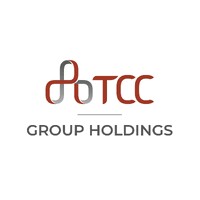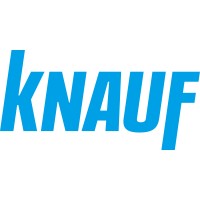
TCC Group Holdings(台泥企業團)
TCC Group Holdings was established in year 1946 and be a leading cement play in Taiwan. Major scope of operation includes manufacturing and sales of cement, cement products and ready mix concrete. In year 2014, the company’s capacity in great China is about 60 million tons and ranked # 6 (from ccement.com). TCC is also a global major export and the quality was highly recognized internationally and certified by Los Angeles City and CE in Eurozone. Currently, TCC cement capacities locate in Guangdong, Guangxi, Jiangsu, Laioning, Sichuan, Chongqing, Yunnan China and Hoping, Suao and Hualein Taiwan. Besides that, there are grinders in Anhui, Guangxi and Fujian. There are 16 cement plants, 3 grinders, 22 RMC plants and one cement specific port in Taiwan and China. To fulfill “Environmental is responsibility but not cost” belief and to endeavor for social duty,TCC Group Holdings involves in power, waste accessing business and to be a “cement, power, environmental” core driven enterprise. The R&D center in Taoyuan, Taiwan makes every effort on product and procedure innovation. Vision Raise the life quality in full aspects The final vision of the company is to raise the life quality in full aspects. Via “cement, power, environmental” core driven platform, we not only provide excellent service and products, but also reduce the impact to environment and energy via manufacturing technology. We do contribute the solution for global warming via CCS technology. TCC develops potential qualified management human resource to realize balance between benefit and honest. TCC also set up Koo Foundation and Dr. Cecilia Koo Botanic Conservation Center to push cultural communication across straits and maintain the variety of plants reservation. TCC Group Holdings feedbacks society via products, service, R&D, human resource, culture and environmental with continuous innovation to raise the life quality.






